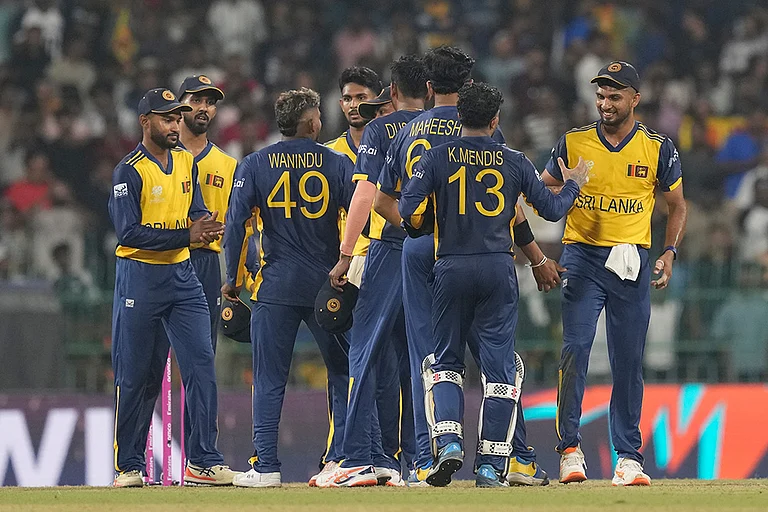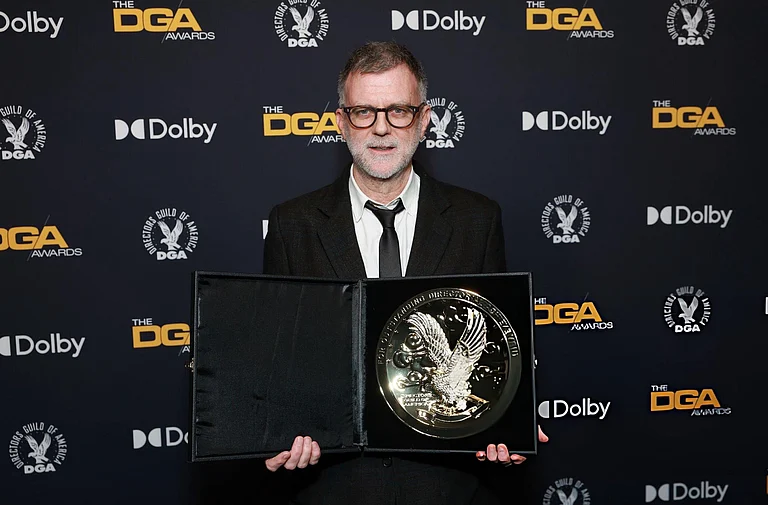TWENTY months after the Enforcement Directorate (ED) stunned corporate India by charging tobacco giant ITC with the biggest FERA violation ($100 million) in Indian history, the story's taken another interesting turn. Last fortnight, a US court ruled in favour of ITC against the company's erstwhile business partners—and now sworn enemies—the US-based Chitalia family. The court supported ITC's claim for recovery of $12 million from the Chitalias, and dismissed the Chitalias' counterclaim of $14 million against ITC.
The FERA case revolves around ITC's dealings with the Chitalias, and the ED's main witnesses against ITC are this father-son team of Suresh and Dewang, who have turned approvers. "The US court's judgement may weaken the ED's case," says a leading lawyer unconnected with the case. Spirits have soared at Virginia House, ITC's headquarters, after the US judgement, but
the company's spokespersons remain tight-lipped regarding the implications on the ED case.
The Chitalias first linked up with ITC as paper suppliers to its group company ITC Bhadrachalam Paperboards. Kishen Lal Chugh, later to become chairman of ITC, was then heading Bhadrachalam. Subsequently, after Chugh rose to ITC's helm, the Chitalias were partners in some of ITC's export deals. They even set up a Swiss company to subscribe to ITC's 1993 GDR issue. Today, the Chitalias claim that ITC used their companies for massive FERA violations. Anyway, somewhere down the line, the relationship soured, and in June 1996, ITC slapped a $16-million suit on the Chitalias for damages suffered in export deals. The Chitalias retaliated by suing ITC for $55 million.
This coincided with differences between ITC and its multinational parent BAT reaching flashpoint. Some BAT managers allegedly decided to use the Chitalias, and egged them on to pass on papers apparently showing ITC's FERA violations to the ED. The ED's charges against ITC caused considerable damage to ITC. Two of its former chairmen, Chugh and J.N. Sapru, and several of its directors had to undergo
rigorous ED interrogation and even a stint in custody. The company's image was tarnished. The investigations are still on. However, under current chairman Y.C. (Yogi) Deveshwar, ITC has managed to recover lost ground, and has even established friendly relations again with BAT.
A main reason why the verdict of the US courts went against the Chitalias was their inability to conform to the discovery process whereby all papers and records concerning the case have to be disclosed before the hearing starts. In October 1997, ITC complained to the New York court that the Chitalias were wilfully and in bad faith withholding disclosures of vital documents and records in spite of court orders, and thus were flagrantly abusing the discovery process. ITC argued the Chitalias should be penalised for this and the balance of the counterclaim should be reduced. The Chitalias' counterclaim of $55 million had been reduced to $14 million by an earlier US court judgement in 1997.
ITC's application was contested by the Chitalias and, in March 1998, magistrate judge Hedges in his report recommended that a default judgement of $12 million should be imposed on the Chitalias and their counterclaim should be dismissed. In his findings, the judge had noted that the Chitalias had disobeyed a court order in destroying copies of documents they had provided to the ED to avoid making them available to ITC.
They had resisted producing their books of accounts and other vital documents to ITC in support of their counterclaim. They had even gone to the extent of interfering with ITC's efforts to obtain documents from third parties in the US despite an enabling court order to that effect. The Chitalias had also delayed or failed to produce to ITC several of their communications with the ED relating to their counterclaim. In passing his recommendation, Judge Hedges had observed that the Chitalias were personally responsible for the discovery abuse, and their conduct was wilful and in bad faith, and therefore the sanctions were appropriate.
On July 2, Judge Hayden of the higher court accepted the recommendations of Judge Hedges in toto, and in addition awarded costs in favour of ITC to penalise the Chitalias for their abuse of the discovery process.
Still some questions remain. Corporate watchers are wondering why the Chitalias were prepared to lose the cases and pay substantial fines rather than disclose the documents supplied to the ED. Was it because while they would be protected for contravention of law in the case instituted by the ED as they were the main approvers, by disclosing these documents to the US court, they could be liable for even greater penalties? All eyes are now on the ED on how it reacts to the latest development.


























